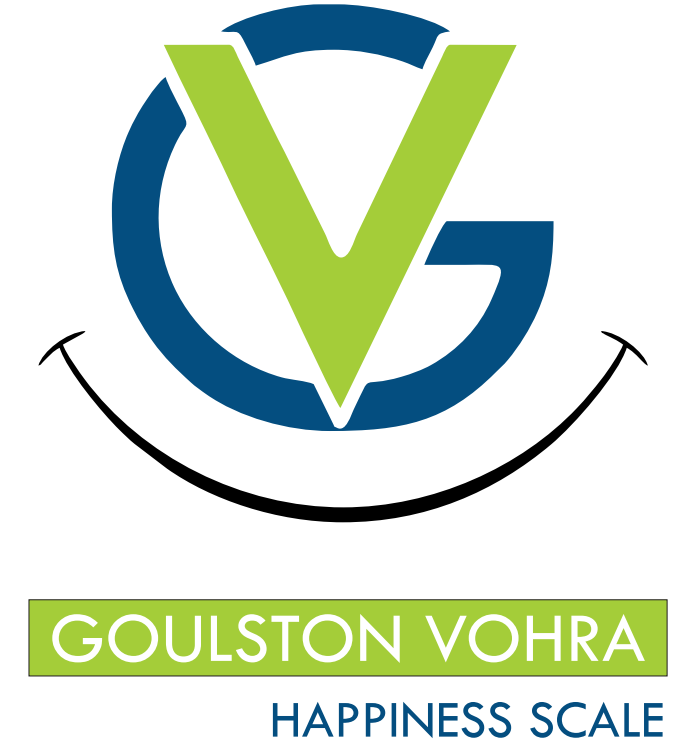Contact Us
+91-78279 90371
+91-99992 49223
Email Us
emotionalwellness@nwnt.ai
Timings
Offline Time - Mon - Sat: 09:30 AM to 06:30PM
Online Time - Mon - Sat: 09:30AM to 9:00PM
+91-78279 90371
+91-99992 49223
emotionalwellness@nwnt.ai
Offline Time - Mon - Sat: 09:30 AM to 06:30PM
Online Time - Mon - Sat: 09:30AM to 9:00PM
411 University St, Seattle
Bipolar disorder, also known as manic-depressive illness, is a brain disorder that causes unusual shifts in mood, energy, activity levels, and the ability to carry out day-to-day tasks. There are four basic types of bipolar disorder; all of them involve clear changes in mood, energy, and activity levels. These moods range from periods of extremely “up,” elated, and energized behavior (known as manic episodes) to very sad, “down,” or hopeless periods (known as depressive episodes). Less severe manic periods are known as hypomanic episodes.
Mania and hypomania – Mania and hypomania are two distinct types of episodes, but they have the same symptoms. Mania is more severe than hypomania and causes more noticeable problems at work, school and social activities, as well as relationship difficulties. Mania may also trigger a break from reality (psychosis) and require hospitalization.

Both a manic and a hypomanic episode include three or more of these symptoms:
• Abnormally upbeat, jumpy or wired
• Increased activity, energy or agitation
• Exaggerated sense of well-being and self-confidence (euphoria)
• Decreased need for sleep
• Unusual talkativeness
• Racing thoughts
• Distractibility
• Poor decision-making — for example, going on buying sprees, taking sexual risks or making foolish investments
Major depressive episode – A major depressive episode includes symptoms that are severe enough to cause noticeable difficulty in day-to-day activities, such as work, school, social activities or relationships. An episode includes five or more of these symptoms:
• Depressed mood, such as feeling sad, empty, hopeless or tearful (in children and teens, depressed mood can appear as irritability)
• Marked loss of interest or feeling no pleasure in all — or almost all — activities
• Significant weight loss when not dieting, weight gain, or decrease or increase in appetite (in children, failure to gain weight as expected can be a sign of depression)
• Either insomnia or sleeping too much
• Unusual talkativeness
• Either restlessness or slowed behavior
• Fatigue or loss of energy
• Feelings of worthlessness or excessive or inappropriate guilt
• Decreased ability to think or concentrate, or indecisiveness
• Thinking about, planning or attempting suicide
